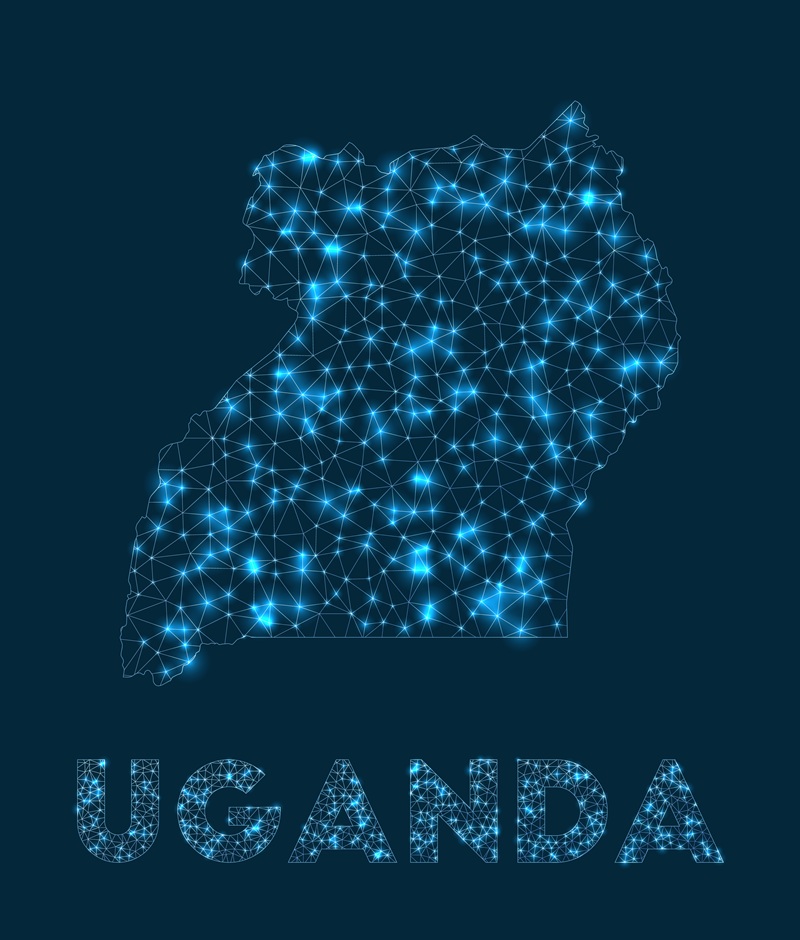
The successful deployment of IoT across Africa will go hand in hand with the rise of cloud services.
“The true value of IoT comes from the huge volumes of data an application generates over time. All that data can be used by businesses and consumers to provide insight and intelligence that saves money and drives efficiency, but first it must go somewhere to be analysed. And increasingly that data is heading to the cloud.
Many of today’s IoT applications run on cloud platforms that bring together operational and information technology to enable real-time analytics of data. To give it greater context, the cloud is where all the information from hundreds of smart meters, for example, goes to be processed before it provides a utilities firm with a comprehensive overview of usage patterns.
Technologies in the Low Power Wide Area Network (LPWAN) space will facilitate the deployment of millions of expected low bandwidth IoT sensors. Although IoT doesn’t consume as much bandwidth as other cloud-based applications, it will be yet another driver of cloud adoption in Africa.
Many of the world’s largest cloud and content players have already arrived in the region or are on their way. The likes of Microsoft, Google, Amazon Web Services and Alibaba are currently battling for a head-start in Africa’s cloud market. Many African users of cloud services are using platforms hosted in Europe or the US, but Microsoft recently announced the deployment of its first cloud data centre in Johannesburg, which will surely improve the quality of experience for African cloud users by virtue of lower network latency.
One of the biggest lessons for today’s cloud computing players is that success in Africa usually comes from paying attention to local needs.
Across most areas of business, government and society in Africa there is a ‘data gap’. The role of IoT in the collection of accurate data will really come into life as the cost of data sensor devices lowers, and the ease of connecting them to the network increases. Machine learning and big data analytics, mostly running in the cloud, will be able to use this data to solve business and social problems.
Liquid Intelligent Technologies has already seen first-hand some of the unusual IoT use cases that are appearing across Africa. Earlier this year, for example, Liquid Intelligent Technologies provided a timing solution for the 2017.
Safari Rally, held in East Africa. Using start-of-the-art TAGHeuer timing equipment and connectivity supplied by Liquid Intelligent Technologies, all timing information from the rally was captured along with relevant driver and car data, and sent to a cloud server.
From there, a cloud server processes the data to show instant timing results for a completed section of the rally, including intermediate ranking. All rally cars are also fitted with GPS tracking devices which provide automatic position updates every second. The geo-location data is available online superimposed on Google Earth, allowing fans to follow rally car positions and race progress through a website or mobile phone app. Drivers were also happy as it identified a number of cars who took short-cuts. With these cars penalised the system meant the results were accurate and correct in a very tight race.
Be it social networking, video streaming or leading-edge rally timing equipment, more demand for cloud-based services is on its way, and with it comes a greater need for network infrastructure and data centres across Africa. That’s where Liquid Intelligent Technologies comes in. Through our 50,000km fibre network – which connects more African countries on a single network than any other – and three state-of-the-art data centres, we’re preparing for Africa’s digital future, which increasingly belongs in the cloud.”





